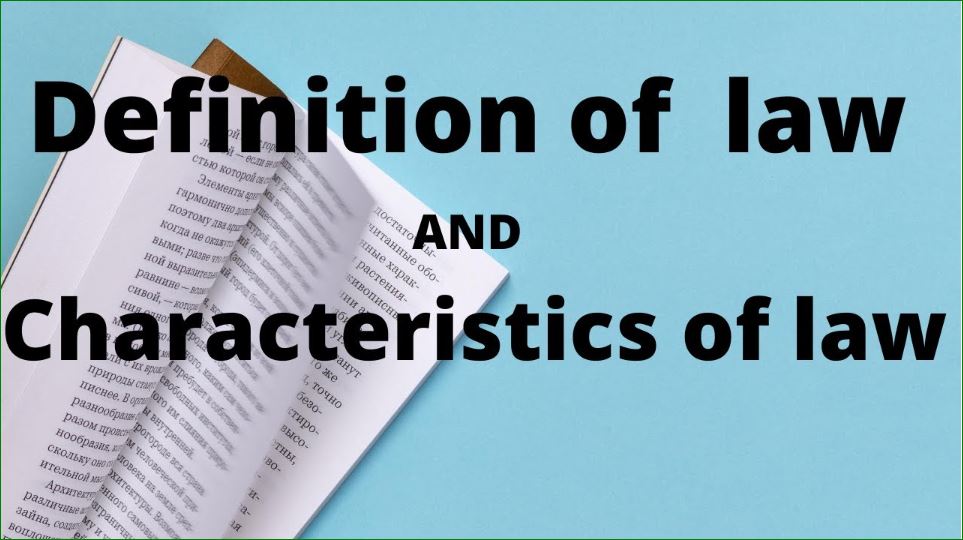


Law is the body of customs and rules governing human conduct of a community, which is formally recognized as binding among those persons who constitute that community and those rules are enforced by a controlling authority in that community.
Customs are one of the sources of law. Customs are habitual ways of doing things followed by people in a community. The customs are followed by many people for many years in that area until it becomes a requirement to follow those customs.
Laws are purposefully established while customs are naturally established with time.
Customs are like norms followed repeatedly naturally in the community until it is no longer only a norm but everyone is required to follow them.
Customary laws are customs which are considered as legally binding on people in a particular community or state. They are accepted as legal requirements and obligatory rules of conduct, and failure to follow them, certain punishment is definite.
An example is a customary marriage
Laws govern the human conduct of citizens of the state. Citizens are told what to do and what not to do in various situation by the law. Therefore their actions will be accordance to the law.
All citizens are expected to follow all these rules while in that state. Failure to comply, stipulated punishment is given to all law breakers.
This simply means, to ensure all the laws are followed by citizens. Obedience to the laws is required and forced. Failure to obey the laws, punishment is specified.
This refers to a person or a group of people who were given the power by the government to restrict, govern, monitor and control people to obey the law. The controlling authority is the one that enforces the laws, so law enforcement is done by the controlling authority.
Examples of controlling authorities include the police, local authority and the courts.
Sources